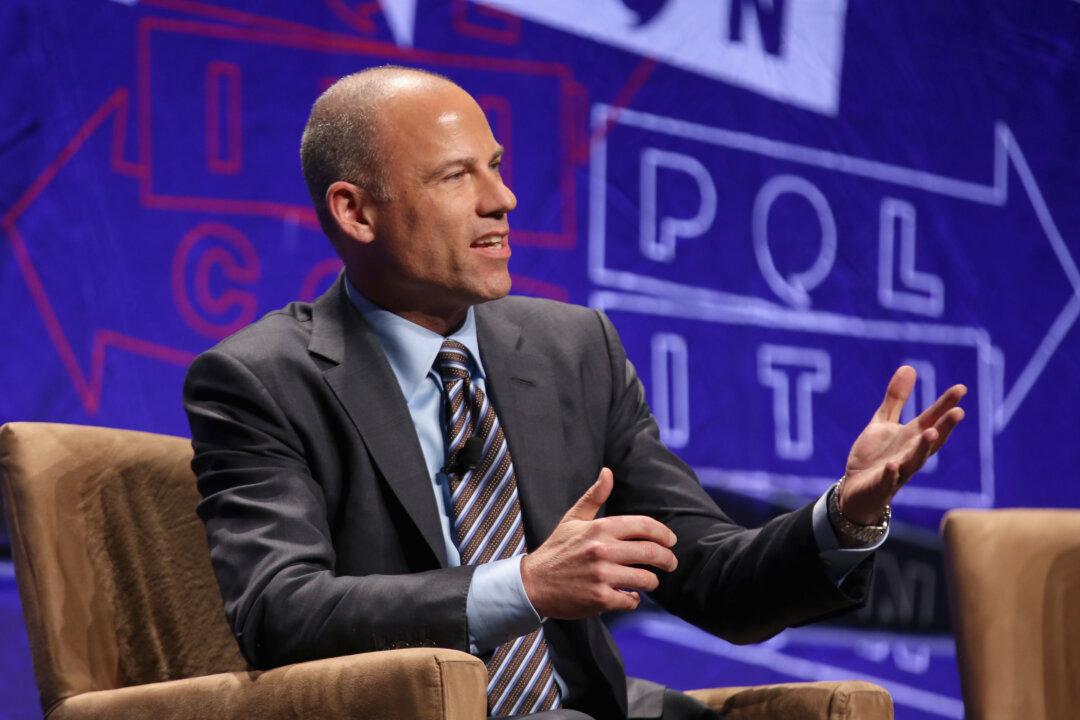Senate Judiciary Committee Chairman Chuck Grassley (R-Iowa) has referred one of Justice Brett Kavanaugh’s accusers and her attorney to the Department of Justice for a criminal investigation into whether the pair conspired to lie to Congress and obstruct an investigation.
Julie Swetnick, through her attorney, Michael Avenatti, accused Kavanaugh of sexual misconduct that allegedly took place in the 1980s. Avenatti publicized the accusation while Grassley’s committee was investigating an accusation by another accuser, Christine Blasey Ford, as part of the hearings to confirm Kavanaugh to the Supreme Court.





